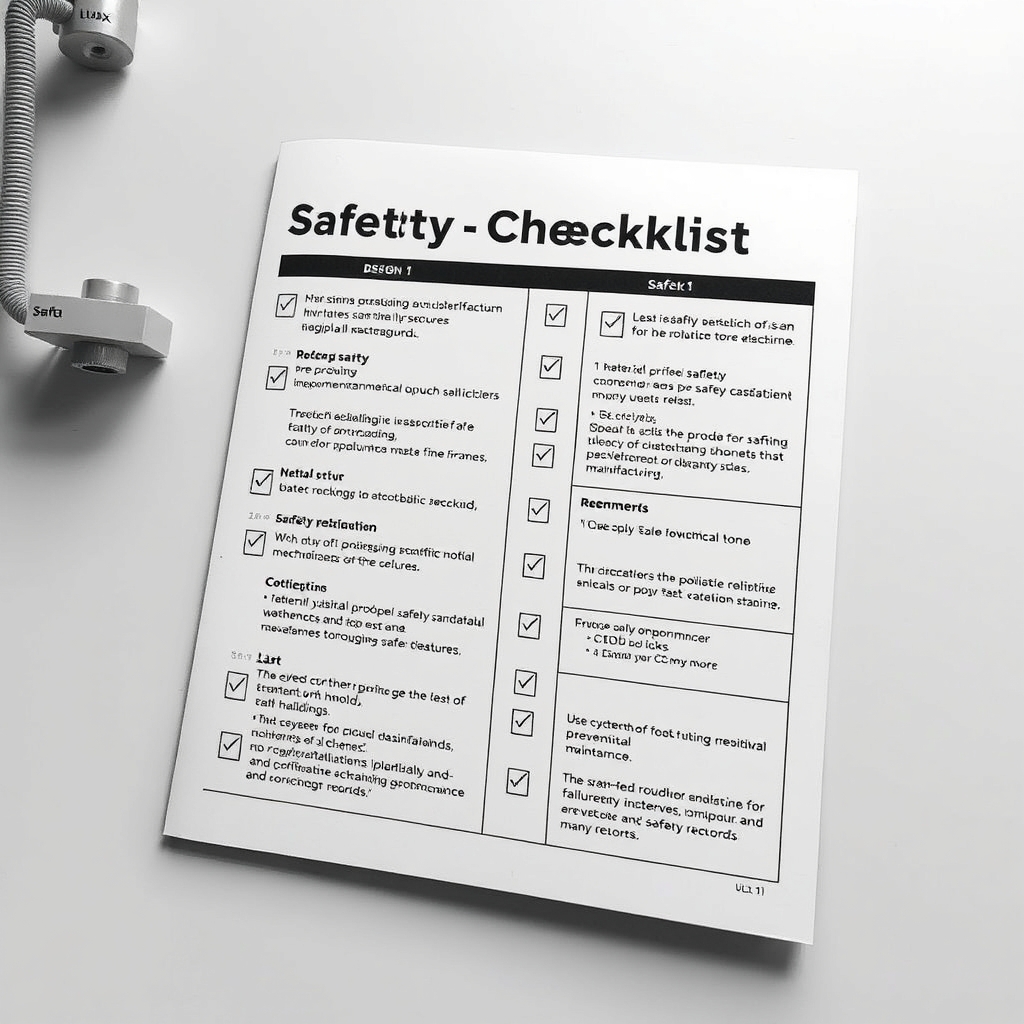
- +8615586668226
- [email protected]
- No. 30, Hongbang Industrial Park, Shenzhen

Mechanical testing isn’t just a checkbox—it’s the foundation of quality assurance and product integrity. By simulating real-world stresses, it ensures materials and components withstand operational demands. Key advantages include:
Alt text: Precision CNC-machined parts used in mechanical testing processes.
| Property | Description | Common Tests |
|---|---|---|
| Tensile Strength | Resistance to pulling forces | Tensile Testing (ASTM E8) |
| Hardness | Surface resistance to indentation | Rockwell, Vickers Tests |
| Fatigue Limit | Endurance under cyclic loads | Fatigue Testing |
| Fracture Toughness | Crack resistance | Charpy/Izod Impact Tests |
| Stage | Purpose |
|---|---|
| Design | Validate prototypes and material choices. |
| Production | Ensure batch consistency and quality. |
| Post-Production | Final compliance checks. |
| Maintenance | Monitor wear in heavy equipment. |
Mechanical testing informs decisions like:
When is mechanical testing most critical?
During design validation, production QC, and post-production checks.
What industries rely heavily on mechanical testing?
Aerospace, automotive, medical devices, and energy sectors.
Can simulations replace physical testing?
No—virtual models complement but don’t replace real-world testing.
How does hardness testing improve product life?
It ensures surfaces withstand wear, reducing maintenance costs.
Get the latest trends and facts about CNC fabrication from our blog.
Shenzhen Runkey Precision Technology Co. Ltd, a subsidiary of the Tensun Group, is your trusted one-stop solution for custom manufacturing from prototyping to production.Transforming your idea into reality with digital manufacturing resources,streamlined processes, expert guidance,accelerated timelines, and uncompromising quality.
©2024. CNC Fabrication All Rights Reserved.